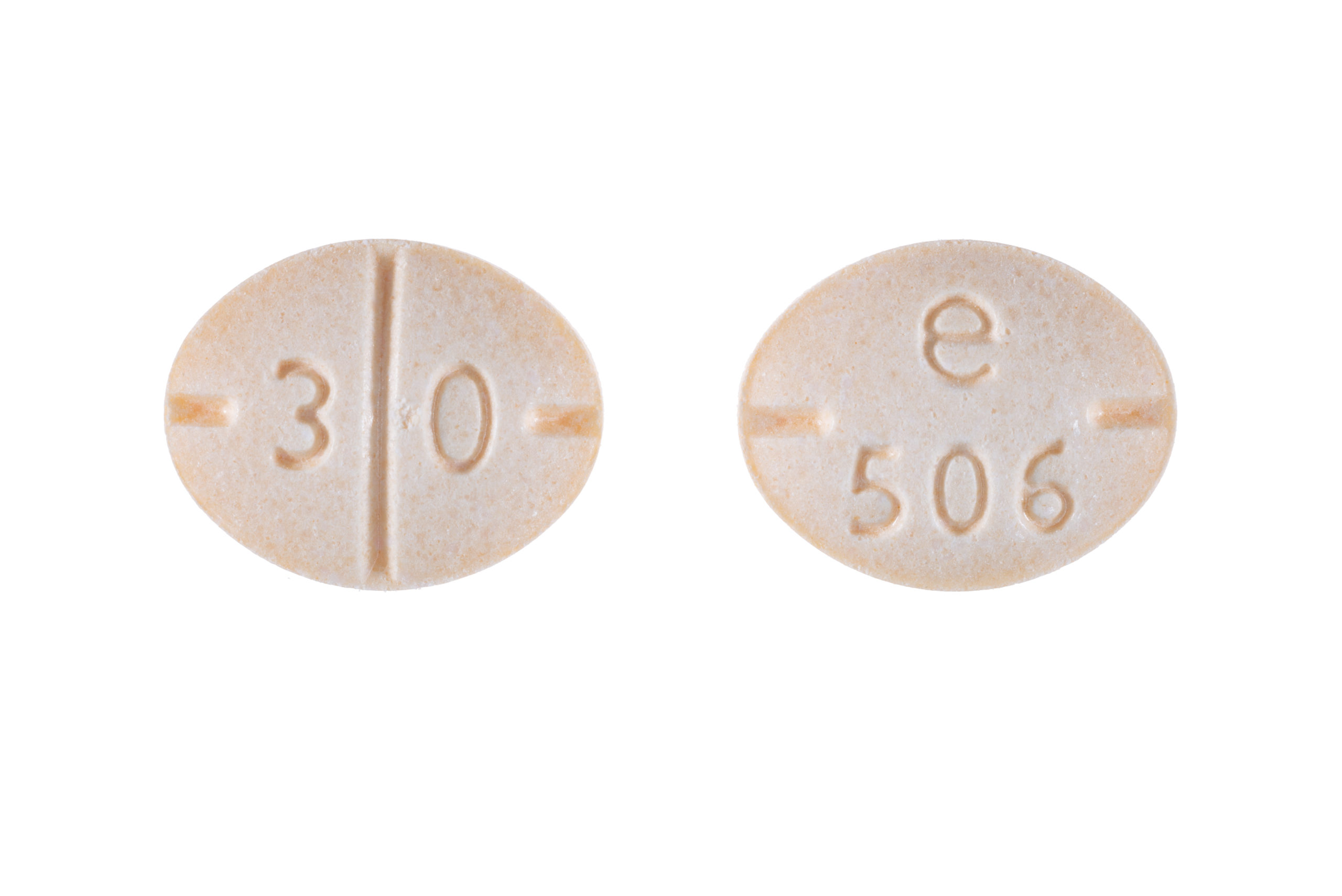

( 5.9)įULL PRESCRIBING INFORMATION: CONTENTS * WARNING: ABUSE AND DEPENDENCE 1 INDICATIONS AND USAGE 1.1 Attention Deficit Hyperactivity Disorder 2 DOSAGE and ADMINISTRATION 2.1 Important Information Prior to Initiating Treatment 2.2 Dosing Considerations for All Patients 2.3 Children 2.4 Adolescents 2.5 Adults 2.6 Dosage in Patients with Renal Impairment 3 DOSAGE FORMS AND STRENGTHS 4 CONTRAINDICATIONS 5 WARNINGS AND PRECAUTIONS 5.1 Potential for Abuse and Dependence 5.2 Serious Cardiovascular Events 5.3 Psychiatric Adverse Events 5.4 Long-Term Suppression of Growth 5.5 Seizures 5.6 Peripheral Vasculopathy, including Raynaud's Phenomenon 5.7 Serotonin Syndrome 5.8 Visual Disturbance 5.9 Tics 5.10 Prescribing and Dispensing 6 ADVERSE REACTIONS 6.1 Clinical Trials Experience 6.2 Adverse Reactions Associated with the Use of Amphetamine Dextroamphetamine Saccharate, Amphetamine Aspartate Monohydrate, Dextroamphetamine Sulfate, and Amphetamine Sulfate Extended-Release Capsules or Dextroamphetamine Saccharate, Amphetamine Aspartate Monohydrate, Dextroamphetamine Sulfate, and Amphetamine Sulfate Tablets (immediate-release) 7 DRUG INTERACTIONS 7.1 Clinically Important Interactions with Amphetamines 8 USE IN SPECIFIC POPULATIONS 8.1 Pregnancy 8.2 Lactation 8.4 Pediatric Use 8.5 Geriatric Use 8.6 Renal Impairment 9 DRUG ABUSE AND DEPENDENCE 9.1 Controlled Substance 9.2 Abuse 9.3 Dependence 10 OVERDOSAGE 11 DESCRIPTION 12 CLINICAL PHARMACOLOGY 12.1 Mechanism of Action 12.2 Pharmacodynamics 12.3 Pharmacokinetics 13 NONCLINICAL TOXICOLOGY 13.1 Carcinogenesis, Mutagenesis, Impairment of Fertility 13.2 Animal Toxicology and/or Pharmacology 14 CLINICAL STUDIES 16 HOW SUPPLIED/STORAGE AND HANDLING 17 PATIENT COUNSELING INFORMATION * Sections or subsections omitted from the full prescribing information are not listed.ġ.1 Attention Deficit Hyperactivity Disorderĭextroamphetamine saccharate, amphetamine aspartate monohydrate, dextroamphetamine sulfate, and amphetamine sulfate extended-release capsules are indicated for the treatment of attention deficit hyperactivity disorder (ADHD).

Evaluate for tics and Tourette's syndrome prior to stimulant administration.


 0 kommentar(er)
0 kommentar(er)
